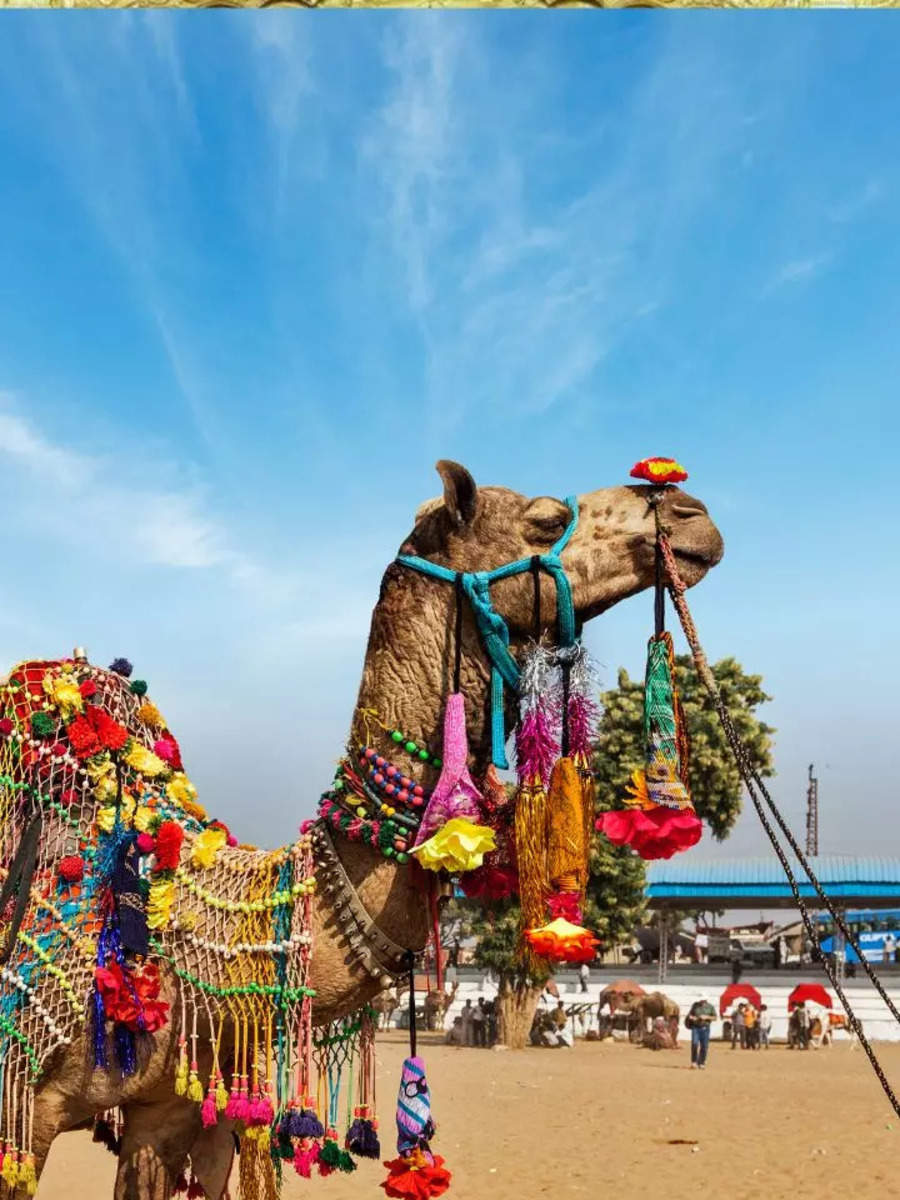Chhath Puja is more than just a festival; it embodies a vivid display of devotion, tradition, and respect for nature. Predominantly celebrated in Bihar, Jharkhand, and parts of Uttar Pradesh, this four-day festival has also gained popularity in other Indian states and among the global Indian diaspora. It is deeply rooted in mythological and cultural narratives, emphasising both familial love and the worship of natural forces. The essence of Chhath Puja is a collective expression of gratitude and reverence to Lord Surya (the Sun God) and Chhathi Maiya, symbolising health, prosperity, and harmony.
Chhath Puja mythological origins and Sita’s role
Chhath Puja has a rich history intertwined with ancient epics and religious tales from the Satyuga and Dwapara Yuga. The festival is linked to prominent mythological figures such as Lord Rama and Sita. After their triumphant return to Ayodhya from exile, Sita is said to have performed the Chhath rituals as an act of gratitude to the Sun God, a gesture that set a divine standard for future generations.
This act not only demonstrated her devotion but also underscored the festival’s sacred nature, strengthening its significance in Indian culture. Other legends, including the tale of Karna, the son of Surya, who offered daily “Arghya” (a water-based offering) to the Sun, and Draupadi’s observance of Chhath during the Pandavas’ exile, reinforce the festival’s themes of resilience, faith, and harmony with nature.
Kahan Paibo Jhalari Ohaar [Full Song] Chhati Maiya Ke Dihal Lalanva
Chhath Puja 2024: Four-day devotional journey and significance
Nahay Khay – 5 November 2024
Chhath Puja begins with Nahay Khay on November 5, 2024. This first day focuses on self-purification, where devotees bathe in holy water and consume simple, sattvic meals. This step is essential for preparing both the body and mind for the days of fasting and devotion that follow.
Kharna – 6 November 2024
The second day, Kharna, observed on November 6, is marked by an intense day-long fast. Devotees abstain from food and water throughout the day and break their fast only after sunset with offerings made to the Sun God. The evening meal, shared with family and loved ones, signifies dedication, discipline, and spiritual cleansing.
Sandhya Arghya – 7 November 2024
November 7 marks Sandhya Arghya, the third and most significant day of the Puja. Devotees gather at riverbanks and water bodies to perform rituals during sunset. This act of offering ‘Arghya’ to the setting sun represents humility, gratitude, and a prayer for prosperity and well-being. The sight of devotees standing in the water, holding trays of offerings, epitomises the unity and shared devotion of the community.
Usha Arghya – 8 November 2024
The festival concludes on November 8 with Usha Arghya. On this final day, devotees make their morning prayers to the rising sun, completing the cycle of worship. The morning rituals signify new beginnings and are believed to bring blessings for health, happiness, and the overall well-being of the family. This concluding act embodies the deep reverence for nature and the divine, encapsulating the spirit of Chhath Puja as a celebration of devotion and communal harmony.
Chhath Puja is an ode to tradition
Chhath Puja is not only about spiritual devotion; it symbolises community and familial unity. Families, neighbours, and entire communities gather by rivers, lakes, and other water bodies, creating a shared space of collective prayer and celebration. This festival transcends its regional roots, with participation spreading to states like West Bengal, Madhya Pradesh, and even internationally, drawing people with a common admiration for the Sun God and nature’s benevolence.
Chhath Puja through its rituals it teaches lessons of gratitude, unity, and perseverance, where faith and love bind communities under the life-giving rays of the Sun.
Chhath Puja 2024: Sunrise and sunset timings
According to Drik Panchang, here are the sunrise and sunset timings for each day of Chhath Puja:
Chhath Puja 2024: Puja timings
- Shashthi tithi starts: 12:41 am on November 7, 2024
- Shashthi tithi ends: 12:34 am on November 8, 2024
- Chhath Puja timings: 6:38 am to 5:32 pm
Chhath Puja strengthens cultural bonds across regions
Although Chhath Puja is traditionally a significant festival in Bihar, it has also found acceptance in other states like Madhya Pradesh and West Bengal, as well as among the Indian diasporas. This celebration enhances community spirit as thousands come together at water bodies to pray and partake in various rituals. It is a time for cultural expression and communal unity.







